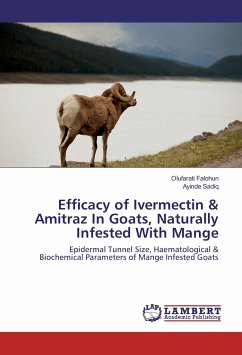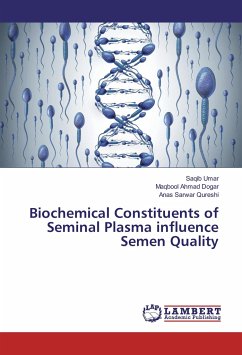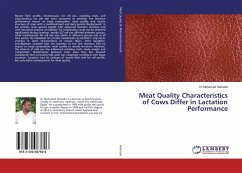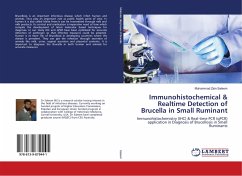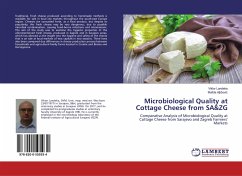
Microbiological Quality at Cottage Cheese from SA&ZG
Comparative Analysis of Microbiological Quality at Cottage Cheese from Sarajevo and Zagreb Farmers' Markets
Versandkostenfrei!
Versandfertig in 6-10 Tagen
29,99 €
inkl. MwSt.

PAYBACK Punkte
15 °P sammeln!
Traditional, fresh cheese produced according to homemade methods is available for sale in local city markets throughout the south-east Europe region. Cheeses are consumed fresh, as a final product, but despite its popularity, this fresh cheese may be very dangerous, due to possible microbial contamination, causing food-borne infections and intoxications. The aim of the study was to examine the hygienic properties of the aforementioned fresh cheese, produced in Zagreb and in Sarajevo areas, which has allowed us the insight into the hygiene and safety of the cheese that is on sale at local marke...
Traditional, fresh cheese produced according to homemade methods is available for sale in local city markets throughout the south-east Europe region. Cheeses are consumed fresh, as a final product, but despite its popularity, this fresh cheese may be very dangerous, due to possible microbial contamination, causing food-borne infections and intoxications. The aim of the study was to examine the hygienic properties of the aforementioned fresh cheese, produced in Zagreb and in Sarajevo areas, which has allowed us the insight into the hygiene and safety of the cheese that is on sale at local markets of two capitals in two seasons. There have also been compared due differences in cheese production process between households and agricultural family farms located in Croatia and Bosnia and Herzegovina.




